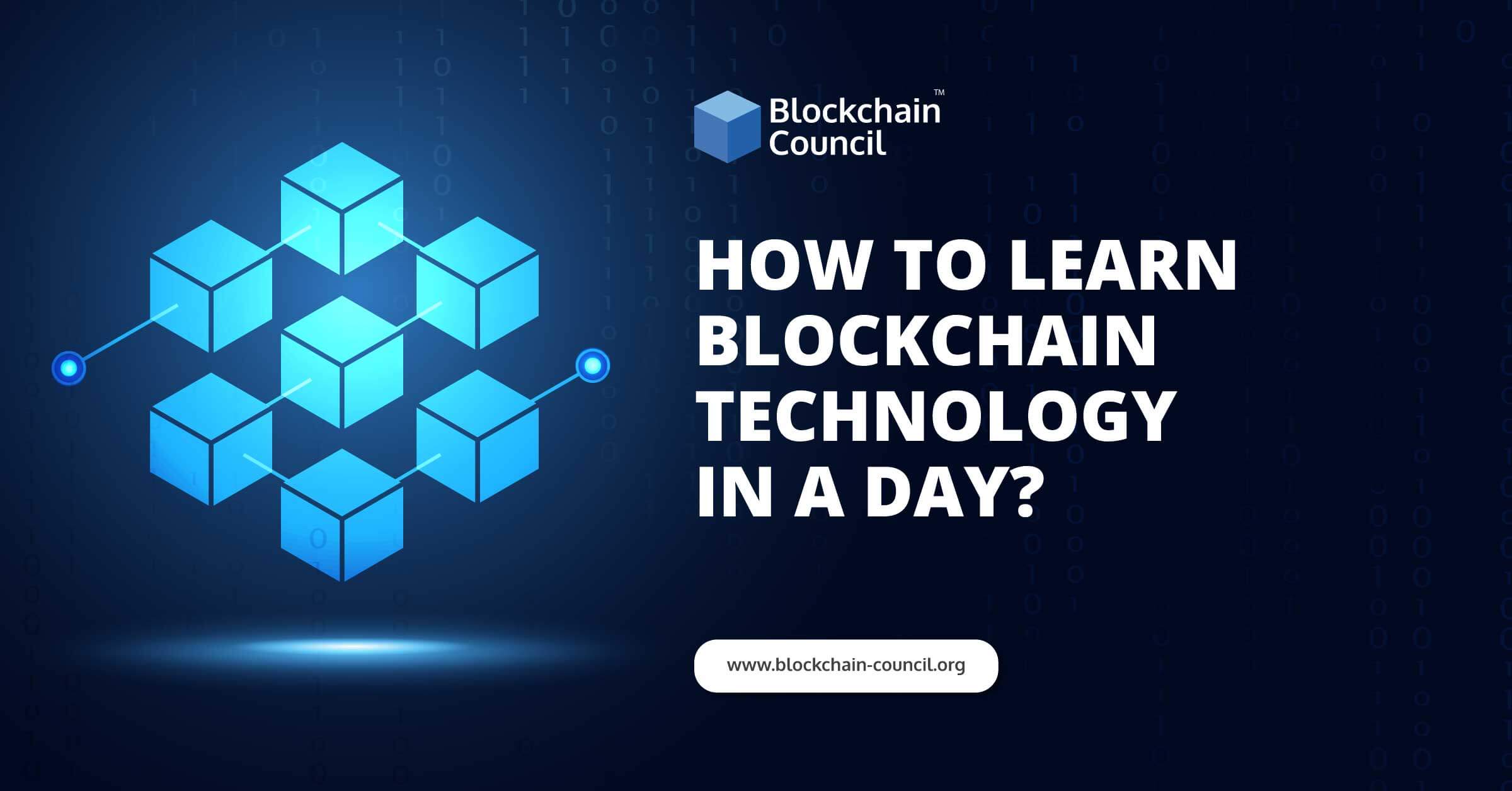
- Vikash Kumar Das
- September 21, 2024
Adopting blockchain technology can be a transformative methodology in various industries, including the food supply chain. In this article, we will talk about how blockchain can solve existing food supply problems. Furthermore, we will see how blockchain is growing exponentially, creating ample opportunities for all.
Table of Contents
- Overview
- Blockchain Solving Food Supply Chain Problems
- Blockchain Could Grow Exponentially, says Experts
- Conclusion
Overview
If you are a blockchain enthusiast, you must have noticed various blockchain trends in recent years. Blockchain’s popularity can be seen as a historic climb and a significant decline at the same time. Undoubtedly, 2020 is a year for blockchain developers and researchers amid the COVID-19 pandemic. In fact, lockdown can be seen as a notable factor for the rise in blockchain space.
As blockchain is a p2p, decentralized, distributed ledger technology, it is gaining the public eye due to several reasons. Technology allows individuals to secure their transactions and fully control their data without involving any central authority. It is a fraud-proof, irreversible, secured technology that maintains complete transparency and allows faster cross-border settlements in the supply chain, thus serving as a beneficial tool for the food industry.
Want to have an in-depth understanding of blockchain technology and become a certified blockchain expert? Why wait, sign up to the Blockchain Council now!
Blockchain Solving Food Supply Chain Problems
At present, food traceability is one of the prime concerns as the current communication frameworks are still tracking information on paper. Enter a blockchain that records food item journeys from the farm (source) to fork (destination), thus preventing food safety disasters and ensuring food safety at the same time. In the blockchain network, each entity (such as farmers, wholesalers, retailers,etc.) that handles food can be represented as a node, which will make it easier to track and trace the entire food chain.
In February 2020, Neogen Corporation entered into a partnership with Ripe Technology (ripe.io) to track the supply chain for food safety.
According to John Adent, Neogen’s chief executive officer, “Blockchain has tremendous potential throughout the food and livestock industries, both to verify the authenticity of premium products, and enhance the traceability of issues that require correction, such as those that lead to product recalls.”
Blockchain features such as decentralization, tamper resistance, transparency, traceability, can give a new definition to food supply chains by generating trust between the participating parties(producers and consumers). Apart from all of this, the blockchain prevents price coercion and eliminates middleman’s concept in the chain by which poor farmers can reap significant economic benefits.
Food waste reduction is another most noteworthy benefit of blockchain. It is estimated that,
“Blockchain technology could contribute to a $365 billion savings by reducing food waste in the food supply chain, according to the World Economic Forum.
Various pilot programs were launched across the globe, whose results indicate that low-cost storage methods and handling approaches can lessen post-harvest food loss by around 60% and raise workers’ income by more than 30%.
Blockchain Could Grow Exponentially, Says Experts
As technology is maturing each year, blockchain adoption is shifting exponentially. The food supply chain is one of the most significant application areas of blockchain, along with many others, including healthcare, finance, digital identity, manufacturing, automobile, etc.
According to the “Future of Nature and Business” recent study,
“Innovations such as blockchain in energy and mining supply chains, manufacturing, and forestry, can enable a nature-positive pathway by supporting both value creation and conservation goals.”
“Emerging business opportunities across these four transitions could create over $3.5 trillion worth of annual value and almost 87 million jobs by 2030,” says the report, The recent study by the WEF also explains that, by 2030, blockchain could contribute to a $365 billion savings by reducing food loss and waste in the food supply chain.
On April 6, Nestlé, the world’s biggest food and beverage company, also announced that the company is expanding its long-running IBM Food Trust blockchain technology platform to coffee (brand named Zoegas).
Such surveys indicate that blockchain has the potential to disrupt the entire food supply chain.
Concluding Lines
There is no denying that blockchain can disrupt the food supply chain to a greater extent. But there are few limitations that need to be addressed. Acceptance is one of the major hindrances when it comes to blockchain adoption. To attain successful integration, all the entities in the network need to adopt this technology. Scalability is another concern from which blockchain suffers from. Implementing technology in scale requires huge efforts and tremendous expenses. Another concern is the capacity issue of blockchain to handle large quantities of trading data.
But the continuous efforts by blockchain developers and researchers in blockchain space indicates the next wave of new technology jobs would come from blockchain.
To get instant updates about Blockchain Technology and to learn more about online blockchain certifications and become a blockchain expert, check out Blockchain Council.





































































 Guides
Guides News
News Blockchain
Blockchain Cryptocurrency
& Digital Assets
Cryptocurrency
& Digital Assets Web3
Web3 Metaverse & NFTs
Metaverse & NFTs
